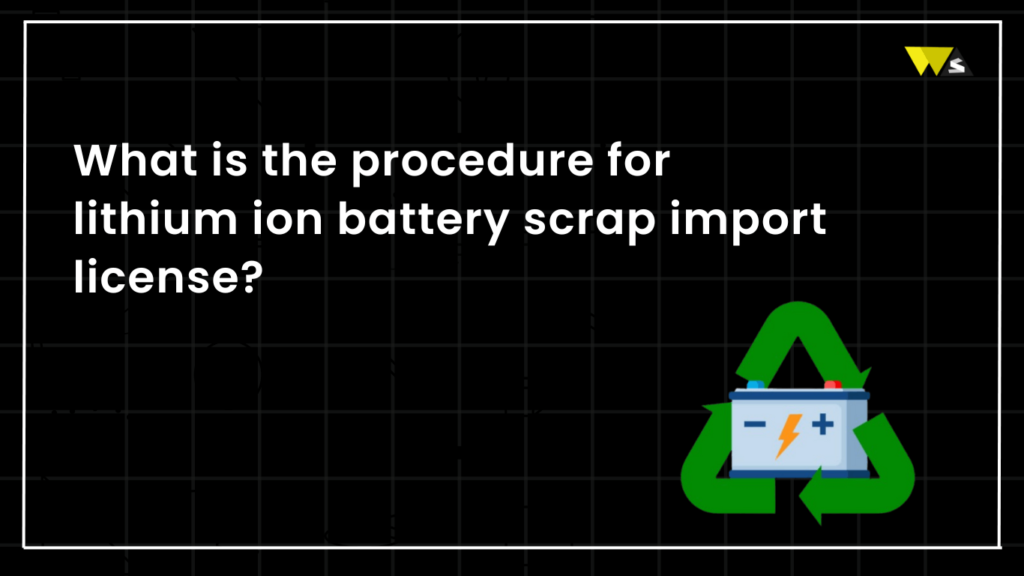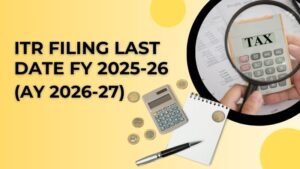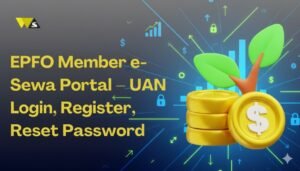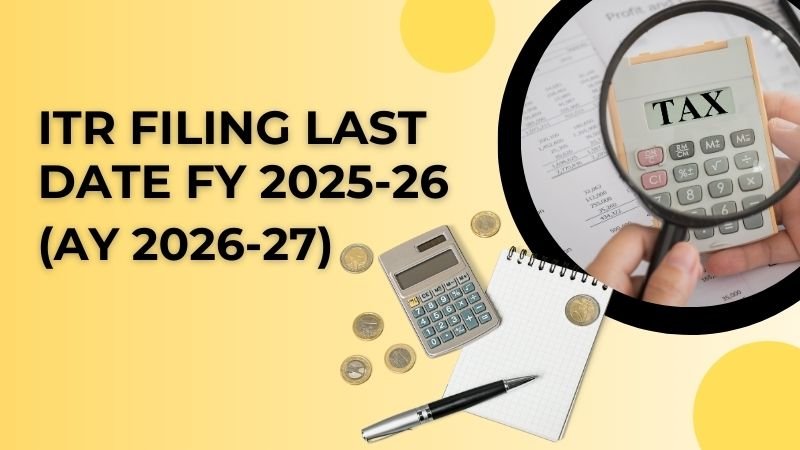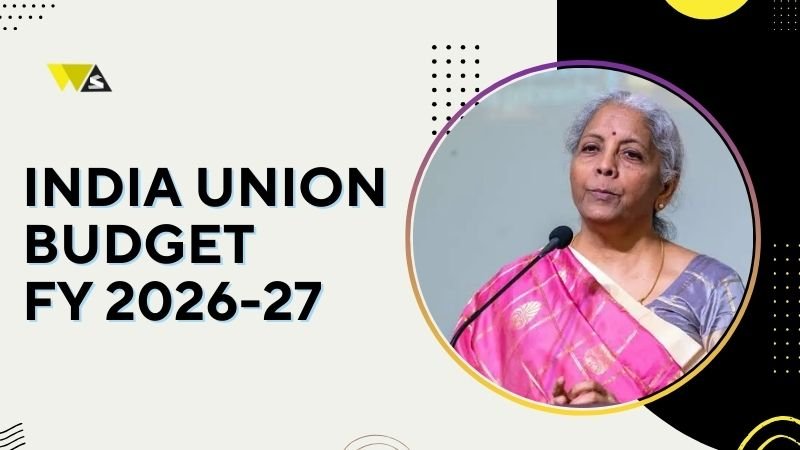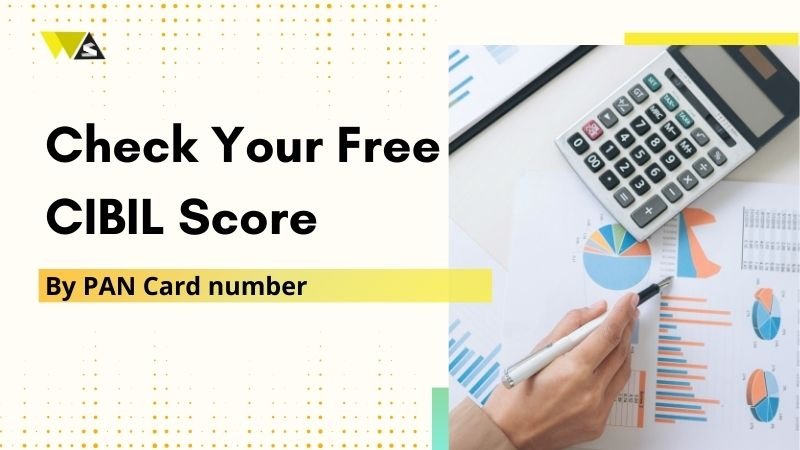In India, where demand for lead batteries is on the rise and its supply has become challenging, importing scrap battery material required permission from CPCB and MOeF. However, there are controls and rules to discourage battery scrap importation into India illegally, and that is why recyclers have to apply for a Lithium Ion Battery Scrap Import License.
According to the Union Science Ministry, over the last five years, the value of lithium-ion (Li-ion) battery imports in India has increased in size. This is due to the surging demand in the electric vehicles industry and the growing sector of renewable energy deduced by the rise in the country’s solar power generation. The demand arises from the endless electronic devices that use lithium ion batteries. China, Hong Kong, Japan & South Korea is the great sources of lithium-ion cells for the Indian market. The high usage of Lithium Ion batteries in the country makes it one of the largest markets where lithium ion batteries are used. This is especially true for India which has been ‘Richer in Lithium’ since it had to import battery packs, battery modules or even lithium ion batteries from overseas markets given that lithium is limitedly available in the country.
What is a Lithium Ion Battery Scrap?
- A battery consists of lithium or lead in it that is a source of electric energy and is developed primarily from lead and lithium metals and is called a battery under Battery Management & Handling Amendment Rules, 2010.
- Such batteries are estimated to be in the use for three to five years but then they are mostly the scrap batteries that are both dangerous and expensive to import and export from one country to another.
- Wet Whole Intact Batteries (RINK), Drained/Dry Whole Intact Lead Batteries (RAINS), and Lead Battery Plates (RAILS) are the three types of lead battery scarp that are widely used.
- Unprocessed scrap batteries are exported from different countries to India. The imported worth of scrap batteries has outstripped what was set in 2018 which stood at 152.9 million dollars and reached 893 million dollars in 2020-21. The batteries have been continuously on the rise for imports in the years between 2014 and 2018.
- Trash batteries have been imported by India from Malaysia with export worth approximately 72.89 million dollars, and the United States whose worth was $106.5 million during the 2020-21 period.
Uses of Lithium Ion Battery
- Lithium-ion batteries have more benefits unlike other batteries. It has more charge cycles, are more compact, have a great charge density, and are more resistant to self-discharge.
- Electric cars, telecom towers, data centres, solar power plants, mobile phones, and EEE all need lithium-ion batteries. In the future, these batteries may potentially be able to provide grid services for the electricity industry.
- They are used in surveillance systems, UPSs, emergency power backup, and solar power storage.
Eligibility for Obtaining Lithium Ion Battery Scrap Import License
- The Central and the State Pollution Control Board are authorized by the Ministry of Environment, Forests & Climate Change to grant approval and registration to the importer who are wishing to establish lithium ion battery scrap import.
- In addition, a DGFT license for the importer is necessary before starting a business of lithium ion battery scrap.
- In order to import lead batteries in India in a responsible way, the importer should have all the facilities and permission granted by the Central Pollution Control Board & the Ministry of Environment, Forests, & Climate Change.
Documents Required for Obtaining Lithium Ion Battery Scrap Import License
- PAN card
- IEC certificate
- BIS certificate
- Half yearly return
- Industrial license, if any.
Registration for Lithium Ion Battery Scrap Import License
- The recycler who wants to import scrap batteries and has a license from the State Pollution Control Board to recycle such materials must submit an application to the board.
- Following the submission of the application, the state pollution control board has to move forward with the recommendations and requirements for safe transportation. This needs to be completed within 30 days of the applications being received.
- If the importer has provided an authorized consent letter with an authenticated copy, the state government would subsequently give the importer with a NOC.
- Both merchants and recyclers can use this certification, which allows an importer to begin importing lithium ion battery scrap.
The importer must follow specific standards, like keeping track of the waste they import, so that the authorities can access it. They need to submit an annual return to the State Pollution Control Board.
Procedure for Lithium Ion Battery Scrap Import License
- Submitting Application at BRMS Portal: After completing the registration process on the BRMS site, the importer will receive a user ID and password.
- Submitting the Hard Copies: A hard copy of the application on letterhead, the printouts of Forms II and III, and self-attested copies of all supporting documentation must be sent to the CPCB’s BRMS site by the applicant.
- Issuance of the Licence: After the actual copy is received, the entire application is processed in seven days, and the certificate is then sent to the corporate or branch address listed on the IEC certificate.
Future Demand for Lithium Ion Batteries
- There is a high demand for lithium ion batteries despite the setting up of businesses in India with domestic and international business owners.
- It is signified that by the year 2026, India will be ahead of all countries in the world and will have the largest automobile market.
- The decreasing trends in costs of EVs most importantly impact the market supply of rechargeable lithium batteries that will expand in the coming years.
- The gasoline or diesel internal combustion engine vehicles is expected to be reached by electric vehicles by the year of 2025. All these reasons increase the imports of lithium-ion batteries in India to sell electric vehicles by 2030.
Conclusion
Recycling and importing lithium-ion battery scarp in India will help minimize waste, reduce pressure on landfills, and most importantly provide an option to the growing battery scrap demand of the country. However, it should be noted that the lithium ion battery scrap import license in India should be granted for the responsibility of management of scraps on the manufacturers.
Read our blog: Petrol Pump License: The Basic Eligibility Criteria

